This article was originally published on The Conversation. Read the original article.
If you’d like to pitch your own article idea to The Conversation, please contact either newsdesk@bournemouth.ac.uk or rbowen@bournemouth.ac.uk.
Grzegorz Kapuscinski, Lecturer in Marketing Management, Bournemouth University
Terrorist attacks are designed to intimidate and change behaviour. It should be no surprise then that we allow fear to be a great motivator when we plan trips abroad. News of an attack is a vivid factor as we decide where to travel with our families, perhaps to places of which we know little else. Efforts by reporters to appeal to our concerns end up feeding us the prompts to avoid certain countries or cities, hammering an often crucial tourism industry in the process.
Ever since real-time news coverage brought the horror of the 2001 World Trade Center attacks into people’s homes, global audiences have become used to watching such events unfold on screen. Recently, we have witnessed shootings at Port El Kantaoui beach, near Sousse in Tunisia in 2015, the Bataclan attack in Paris in the same year, and the New Year’s Eve nightclub shootings in Istanbul less than two months ago.
These are all key holiday destinations. The tactics used and the damage inflicted may differ, but every attack has the potential to stop us in our tracks. This is clearly of huge significance to the tourism and hospitality sectors.
Choices
The first problem is obvious. Uncertainty around safety often translates into avoidance of those places considered dangerous. Holidays are postponed or cancelled. Ultimately, limitations are placed on tourists’ freedom of mobility.
Unsurprisingly, the tolerance of potential physical harm is low in discretionary travel, where other options are readily available and the destination can be incidental. Terrorism has served to highlight the fragility of the tourism industry: the displacement of holidaymakers has caused severe economic losses. In Tunisia, where tourism accounts for 15% of GDP, the effect has been stark, with 2016 revenues cut by half from a year earlier.
In Turkey, which suffered from a wave of attacks during 2016, the Association of Turkish Travel Agencies has predicted a negative impact on tourism revenues of £2-2.5 billion.
In truth, many potential holiday destinations will have a recent or more distant history of safety issues of one kind or another. In an era of uncertainty, under pressure of time, family member concerns, and the risk of financial loss, many tourists turn to the news media for explanation. The question is, how do we arrive at our final decisions?
Judgement call
Years of study on the psychology of risk suggests that the way the public assess danger has much more to do with stuff like emotional responses, their perceived level of control, or their familiarity with a hazard, than official statistics.
News stories of new and emerging hazards often entail multiple storylines, especially in times of conflicting accounts and factual uncertainty. These act as qualitative indicators of risk that allow audiences to simplify complexity and categorise the situation as involving more or less danger. And so terrorism which is framed as religious extremism can appear irrational, beyond compromise and uncontrollable, and can lead to higher levels of perceived risk.
One recent study I carried out with Bournemouth Professor Barry Richards has shown that small variations in news reports can lead to significant changes in leisure tourists’ risk perception. We all have our own unique set of experiences that dictate how we digest news. However, it seems likely that tourists, who instinctively seek to minimise risk will – after years of exposure to coverage – share a deep pool of associations to terrorist attacks: why they are carried out, and who is likely to be targeted. This allows them to create a coherent picture, a mental shortcut which feeds decision making around a fraught and complex task.
It can come down to details. One experiment in the study mentioned above suggests that if articles emphasise the proximity of a bomb explosion to points of tourist interest, or reference other events where tourists were harmed, then there tends to be a greater judgement of risk. It’s the same for an alleged link to religious extremism as opposed to other things, such as a domestic separatist movement.
Moving target
We are also sensitive to accounts from the general public when assessing risk related to terrorism. Reports which quote reactions from local people and which stress the relative newness of the problem, and a lack of confidence in maintaining order and normality, lead to higher estimations of risk. Portrayals of the incident that stress resilience decrease perceived risk.
This doesn’t mean that the media has an agenda in pushing an intimidating interpretation of these events, or that audiences can be easily influenced. The point is that journalists who report on these tragic incidents do so in a style that seeks to resonate with the audience. That means using templates which appear to give information which helps us protect ourselves and our loved ones. It is this transaction which can end up devastating a country’s tourism revenues.
In fact, interviews I carried out with my colleague after the study demonstrated that news consumers have become able to do the job themselves. Even when exposed to reports that aim to soften perceived risk, the audience can use examples of other events when tourists were targeted to interpret destinations as particularly dangerous. For example, a report that stressed a focus on military targets in remote areas of a destination was met with distrust by a tourist who believed the information was intended to downplay the magnitude of risk to Western tourists.
Those “gut feelings” we use to make difficult decisions like this under pressure may actually be wired in from exposure to news coverage. The hard bit is to acknowledge that and manage our responses to emotive and vivid content which can cloud reason and lead us to over- or underestimate risk.
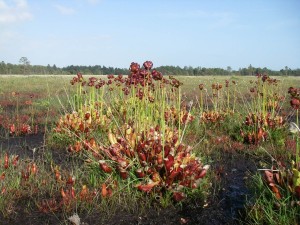



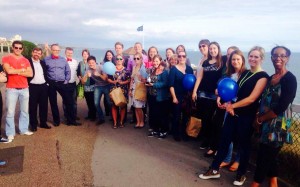
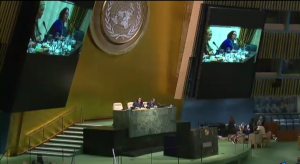 On 10 February, the Faculty of Media and Communication’s Dr Shelley Thompson gave an intervention to a
On 10 February, the Faculty of Media and Communication’s Dr Shelley Thompson gave an intervention to a 

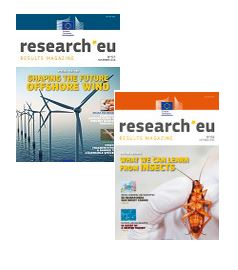 The
The 



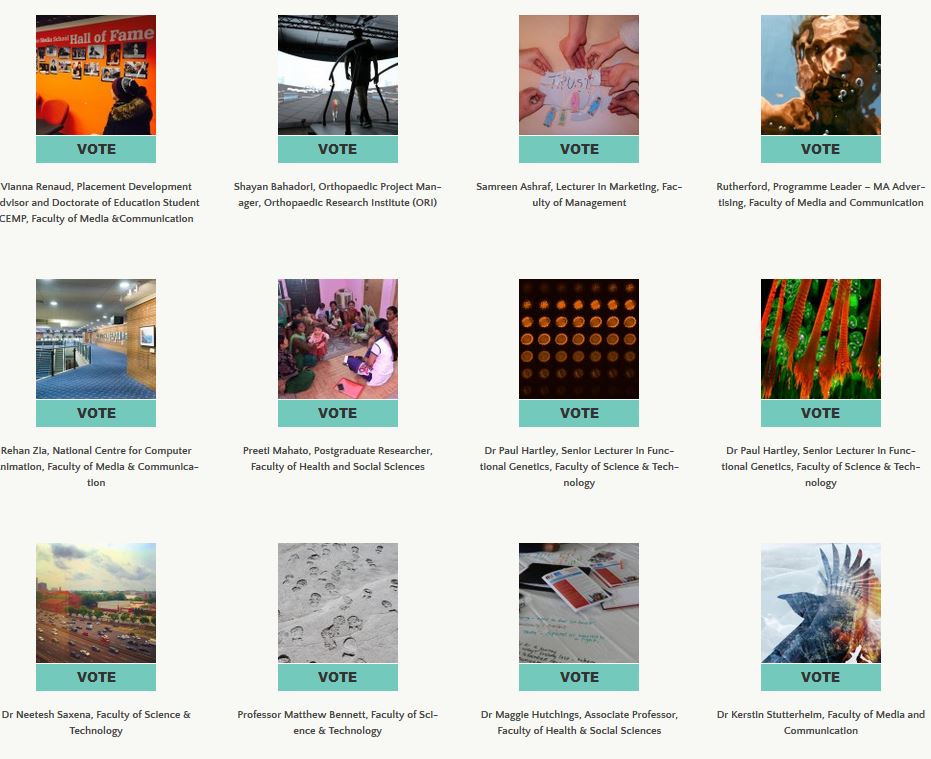











 BU attendance at third annual GCPHR meeting in June
BU attendance at third annual GCPHR meeting in June Interactive Tangible and Intangible Heritage Applications – BU student work featured in new book chapter
Interactive Tangible and Intangible Heritage Applications – BU student work featured in new book chapter Second NIHR MIHERC meeting in Bournemouth this week
Second NIHR MIHERC meeting in Bournemouth this week MSCA Postdoctoral Fellowships 2025 Call
MSCA Postdoctoral Fellowships 2025 Call ERC Advanced Grant 2025 Webinar
ERC Advanced Grant 2025 Webinar Horizon Europe Work Programme 2025 Published
Horizon Europe Work Programme 2025 Published Horizon Europe 2025 Work Programme pre-Published
Horizon Europe 2025 Work Programme pre-Published Update on UKRO services
Update on UKRO services European research project exploring use of ‘virtual twins’ to better manage metabolic associated fatty liver disease
European research project exploring use of ‘virtual twins’ to better manage metabolic associated fatty liver disease